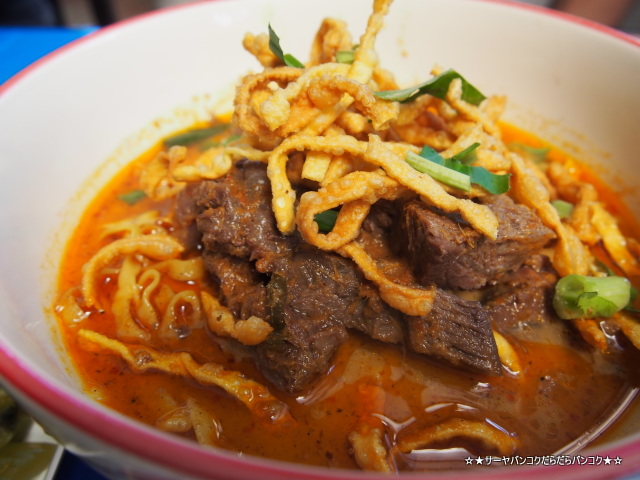


However, the panther is not pronounced that way. Guenhwyvar, Drizzt's panther, is an old spelling of "Guinevere", King Arthur's wife (you can hear that here). Gygax is pronounced "guy-gaks" (see below for more info on that). It's a current spelling, not an old-timey spelling. Gaol is the British spelling of "jail" and is pronounced the same way. WotC and TSR before them tend to say "GEE-ASS". Geas is an old celtic word pronounced "gesh". of A Grand Tour of the Realms (2nd Edition Forgotten Realms boxed set) states, "Dark elves, also called Drow (pronounced to rhyme with now or how)." Listen to it here.ĭrow rhymes with "cow". It's not just a D&D word, it's an actual, real word. David 'Zeb' Cook says: "Yeah, we went with the “mispronunciation” (because I think I mispronounced it that way)." He indicates that it's a little in-joke at his expense. Sigil, the Planescape city, is not pronounced the same as the word "sigil" (which means "symbol"). Paladin has the emphasis on the first syllable: PAL-a-din. Don't walk around saying "blow of fat", for pity's sake! Melee is pronounced "may-lay", though the "may" part is very short (almost "meh"). You can hear a Frenchman pronouncing it here.

"Grace" has a strong "ss" sound at the end of it, and the phrase is pronounced "coo de grass" (that's a hard "a" like Americans pronounce "ass", not like how the English pronounce "arse"). They have different letters in them and everything, just like other words which aren't the same words as each other do. "Grace" (which means "mercy") and "Gras" (which means "fat") are entirely different words. People will often gleefully tell you it's pronounced "coo de grah" because of the way "gras" is pronounced in "Mardi Gras". The Big Ones Coup de Grace is the subject of many arguments. The following is mostly composed of copied lists compiled on other websites. 1.5.1.3 Mulhorandi & Untheric Pantheons.1.5.1.1 Faerunian Pantheon (Demipowers).1.4 Forgotten Realms Campaign Setting (Revised).


 0 kommentar(er)
0 kommentar(er)
